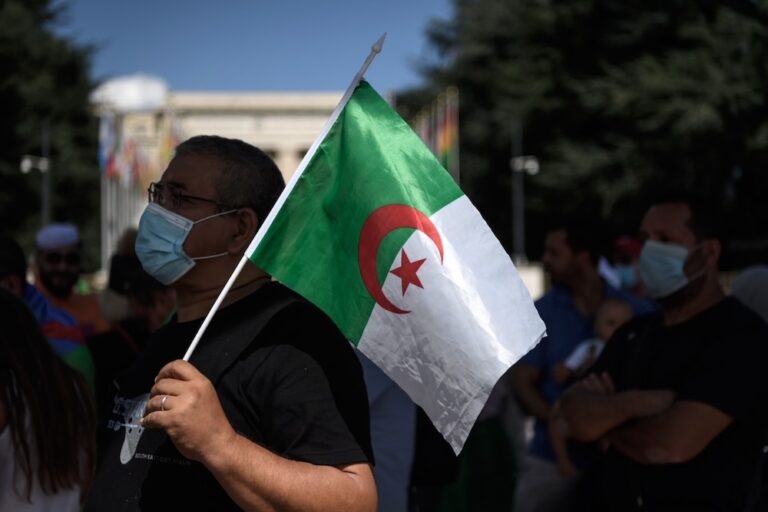On 10 March 2010, Freedom House held a panel discussion to look at options for combating religious discrimination without restricting free speech.
(Freedom House/IFEX) – Geneva – March 10, 2010 – Freedom House today held a panel discussion entitled “Free to Express, Free to Believe: The Defamation of Religions Debate” at the 13th Session of the Human Rights Council featuring human rights defenders from Indonesia, Nigeria and the United States who discussed options for combating religious discrimination without restricting free speech. Delegates from the United States, Chile, the UK, Italy, Denmark, Pakistan, Mexico and Brazil attended the session, together with about 75 UN and civil society representatives.
The issue of defamation of religions has become a highly polarized topic at the Human Rights Council with non-binding resolutions calling on governments to ban speech considered offensive to some religious believers continuing to pass each year since first introduced in 1999. The resolutions have yet to result in a decrease in acts of religious discrimination and intolerance, which continue to occur as moderate voices are drowned out of the debate.
“Freedom House has strongly opposed these resolutions not only because they pose unacceptable restrictions on free speech, but because they do nothing to address the real problem of discrimination and hate crimes based on a person’s religious belief,” said panel moderator Paula Schriefer, Freedom House’s director of advocacy.
Several states that have domestic laws against religious “defamation” are considering repealing or revising such laws, including Indonesia and Pakistan, whereas other states with these laws on the books have not demonstrated their effectiveness in combating the problem of religious discrimination and violence, as in the case of Nigeria. Nonetheless, the 56 countries that comprise the Organization of the Islamic Conference continue to advocate for a legal mechanism – in the form of an optional protocol to the International Convention on the Elimination of All Forms of Racial Discrimination (ICERD) – that would go further than the nonbinding resolutions by banning “defamation of religions” under international law.
Panelists were united in the view that legal measures to protect religious beliefs from criticism are counterproductive to the goal of promoting religious tolerance. They instead advocated practical measures, such as social initiatives that encourage people of different faiths to work together, educational programs and dialogues among groups of different faiths, during which controversial religious tenets could be debated openly and without fear of reprisals.
“One might conclude that these laws are really useless,” said panelist Edetaen Ojo, director of Media Rights Agenda, an organization established in 1993 to promote freedom of expression and freedom of the press in Nigeria. “Religious violence will continue to occur in Nigeria unless steps are undertaken to educate Nigeria’s children and to generate genuine dialogue among its population.”
Panelists also warned against the use of defamation laws to suppress religious minorities.
“Most of the time, the blasphemy law is misused to criminalize the internal minority sect of religion, or traditional believers who have different interpretations of the official religion,” said panelist Renata Arianingtyas, an activist from an Indonesian NGO that promotes human rights and justice through legal education.


